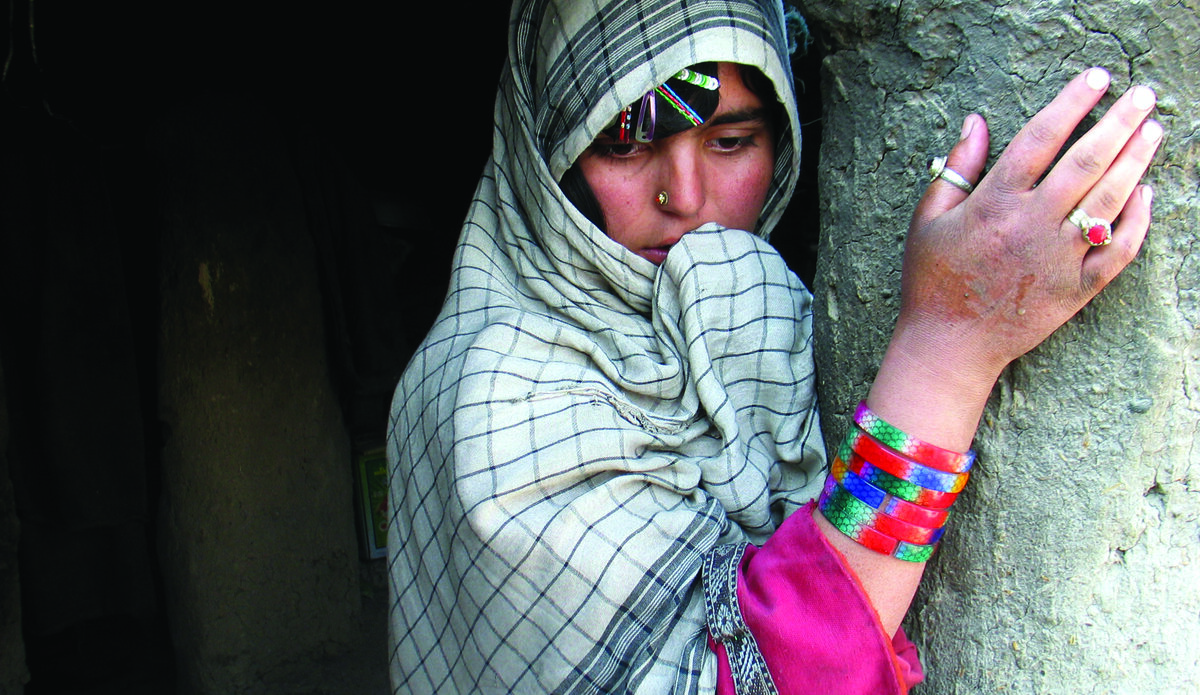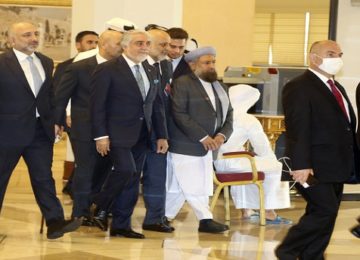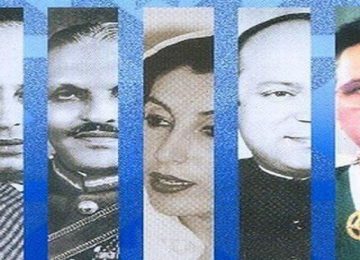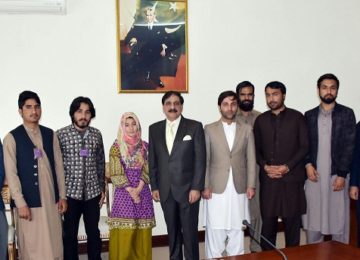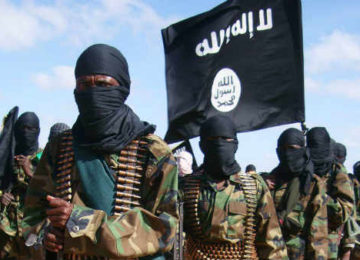By SHAHANA NASEER
The United Nations Assistance Mission in Afghanistan (UNAMA) has released its Human Rights Report for the first quarter of 2025. The report highlights severe restrictions on women’s rights, including education, employment, protection from gender-based violence (GBV), and media freedom.
Since the Taliban’s takeover of Afghanistan, girls above grade six have been banned from attending school. In the first quarter of 2025, the Taliban further restricted women’s movement, banning them from entering public offices without a mehram (male guardian) or a proper hijab. Women are also barred from accessing medical facilities without a mehram.
Additionally, the Taliban directed the Ministry for the Propagation of Virtue and Prevention of Vice to prevent women from entering markets to avoid interaction between men and women. On February 22, inspectors from the ministry visited local bazaars, instructing shopkeepers to deny entry to women without a mehram and to report them.
On March 3, 2025, the same ministry conducted unannounced inspections of hospitals, directing staff to ensure that a mehram accompanied female employees and that female patients without a mehram would be denied medical treatment.
In a continuation of their restrictions on women’s employment, the Taliban, who had already shut down beauty salons, raided private homes on February 23, 2025, to destroy beauty products. Women established these home-based salons. The raids were carried out without search warrants and the presence of a mehram, contradicting the Taliban’s legal framework.
Religious freedom remains a distant dream under Taliban rule. Between January 17 and February 3, in Badakhshan province, at least 50 male members of the Ismaili community were forcibly converted to Sunni Islam by local de facto authorities, including ministry inspectors. These men were abducted from their homes at night, interrogated on religious matters, and subjected to physical abuse, coercion, and death threats if they refused to convert. Authorities have also established religious madrassas in Ismaili areas, requiring children to receive Sunni-based religious instruction.
Women have been ordered to pray only from home, while men are obligated to attend Taraweeh and Namaz prayers at mosques. Businesses are forced to close during prayer times, and non-compliance leads to punishment.
Media freedom continues to deteriorate. Female journalists face growing restrictions, with bans on women anchors and arrests of female reporters. Women working in radio are now required to obtain a broadcasting license through a male relative.
In response, the Taliban administration has denied all allegations. They stated that the UNAMA report is “detached from reality” and accused it of violating Islamic values and disrespecting Sharia law. The Taliban dismissed the report as baseless and asserted that UNAMA has no authority to interpret Sharia from a non-Islamic perspective.
AUTHOR
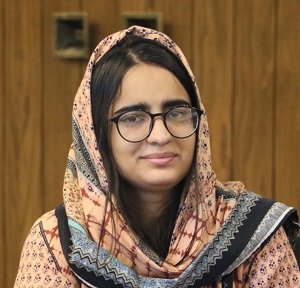
The author has Bachelors in International Relations from NUML Islamabad. She is currently working as a research assistant in CRSS. Her interests are human rights & peace and Security



